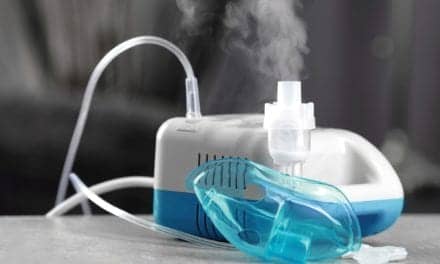According to a new report from the CDC, workers who spend their day roasting, grinding and packaging coffee beans had an elevated risk of breathing problems due to exposure to airborne chemicals, including diacetyl, which is notorious for damaging the lungs when inhaled.
USA Today reports that diacetyl, which can be artificially added to foods, also occurs naturally during the coffee roasting and grinding process, a fact the coffee industry had been unaware of until a 2015 study.
The CDC’s National Institute for Occupational Health (NIOSH) studied workers at a Madison, Wisc coffee roastery. The agency found these workers had a four-fold greater risk of wheezing compared to a similar demographic of the US population, according to the report.
As reported by USA Today, workers at Just Coffee Cooperative in Madison told researchers “they experienced sinus and other mucous membrane symptoms that they suspected were in reaction to green coffee dust, chaff and roasted coffee dust.”
More than a third of the 16 workers screened had abnormal breathing tests, according to USA Today.
“Our findings of upper-respiratory symptoms with a work-related pattern in many employees, four-fold excess of wheeze and abnormalities on lung function testing in about a third of participants suggest a burden of respiratory problems in this workforce,” authors of the study wrote.
The CDC has recommended a number of steps that employers and workers can take to reduce harmful exposure to the airborne chemicals, chief among them to establish a medical monitoring program to identify any employees who may be developing lung disease.
Read the full report and recommendations here.









